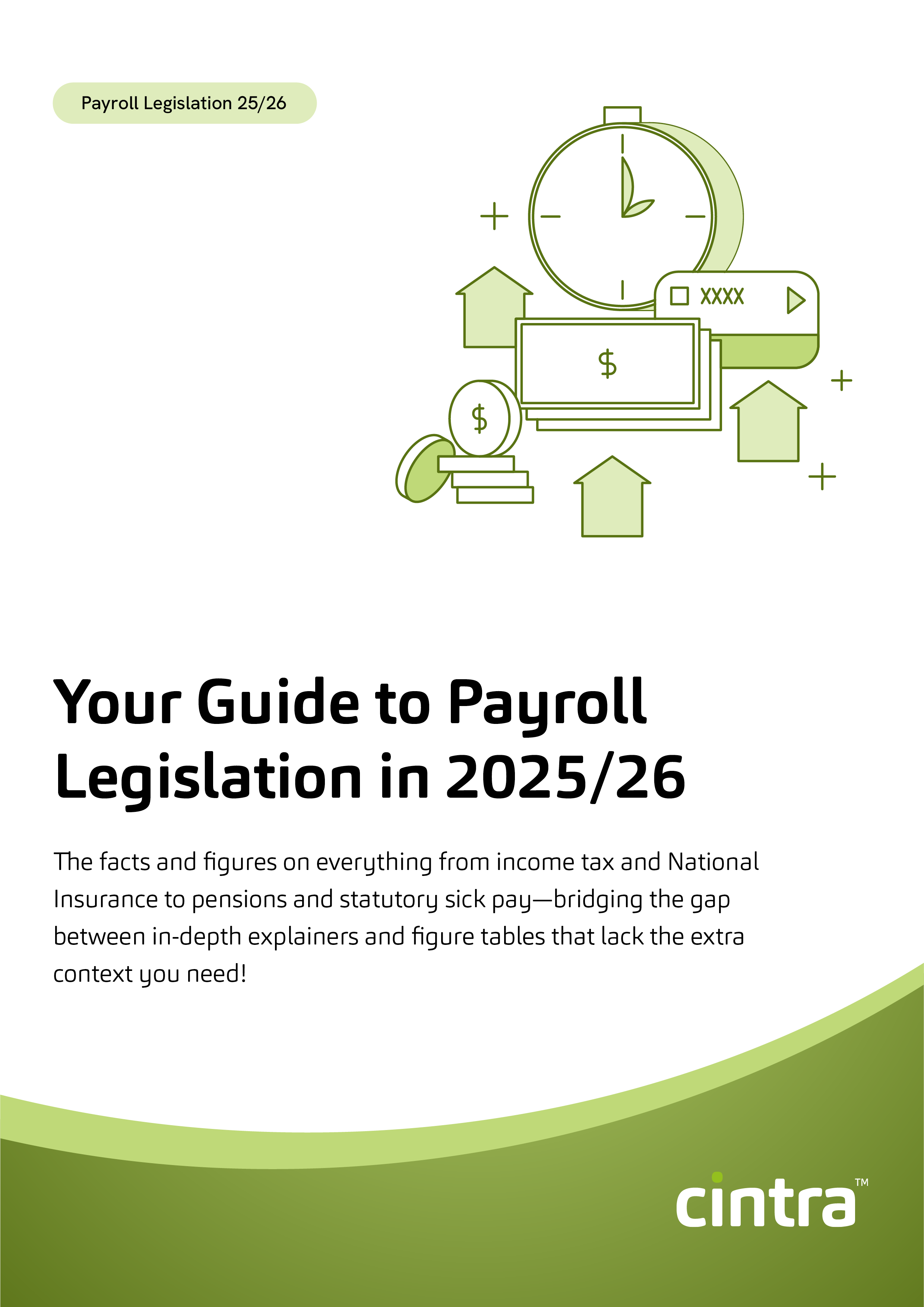The Government recently announced that they will be introducing an additional increase to national insurance contributions to provide for social care. Following on from this announcement, HMRC has now published further details of the proposal in their policy paper on Gov.uk.
Temporary measure
The new temporary measure which will be effective from 6 April 2022 and will apply a 1.25 percentage point increase to national insurance for 2022/23 only. The increase will be applied to Class 1 (employees and employer’s), Class 1A (employer only contribution on benefits in kind) and Class 1B (payable on PAYE Settlement Agreements (PSA)).
Furthermore, the new temporary increase to national insurance will apply to Class 4 which is paid by the self-employed (profit related).
The Institute for Fiscal Studies said that the latest tax increases amounted to £14bn and together with the tax rises already announced in the March 2021 Budget, it said that 2022 had seen the highest tax rises in 40 years.
Purpose of levy
There has been some criticism of the Government over the introduction of this levy as it is in direct contradiction of the Tory Party’s manifesto. Prime Minister Boris Johnson countered the criticism by commenting that “the global pandemic was in no-one’s manifesto”.
Mr. Johnson went on to say that the proceeds raised would go towards helping the NHS catch up with the backlog created by Covid-19 regarding appointments for scans and operations.
Cost in real terms
The levy will be paid by the employed and self-employed whose earnings are above the Primary Threshold (Class 1) and the Lower Profits Limit (Class 4). In real terms, according to figures published on Gov.uk, an employee earning a salary of £24,100 per annum will pay an additional £180 and an individual earning a salary of £67,100 per annum will pay an additional £715.
Over state pension age & the self employed
Perhaps the most controversial aspect of the new levy is that it will apply to employees and the self-employed (Class 4) who are over the state pension age and are therefore normally exempt from paying national insurance. Although the policy paper confirms that they will not be subject to the 1.25% increase to the national insurance rates, those over state pension age still working (and the self-employed) will be due to pay the levy from April 2023.
However, individuals who only pay Class 2 (self-employed flat rate contribution) or Class 3 (voluntary contributions) will not be affected by the temporary increase to national insurance rates or the subsequent levy.
Furthermore, this measure (the increase to national insurance and the Health and Social Care Levy) will not affect other forms of income such as property income, pension income or savings
It was also confirmed that a portion of the money collected, £5.4bn over the next three years will go towards making changes to the social care system.
How the measure will work
As previously mentioned, the temporary increase of 1.25 percent will apply to Class 1, Class 1A, Class 1B and Class 4 national insurance contributions for 2022/23 tax year. The new measure will apply to all parts of the UK and will enable the Government to pool and share risks and resources across the whole of the UK.
However, from 6 April 2023, the national insurance rates will decrease back to 2021/22 tax year levels and the additional rate of 1.25 percent will be replaced with a 1.25 percent Health and Social Care Levy.
The revenue raised by the levy will be ringfenced to support UK health and social care bodies so that subsequent governments will be unable to utilise the revenue elsewhere. This will be achieved by including a stipulation in the Health and Social Care Levy Bill on how the proceeds of the Levy will be used.
Any questions?
If you have any questions about this change that you would like HMRC to answer, then you can contact the National Insurance Contributions Policy Team direct via email at nics.correspondence@hmrc.gov.uk.


